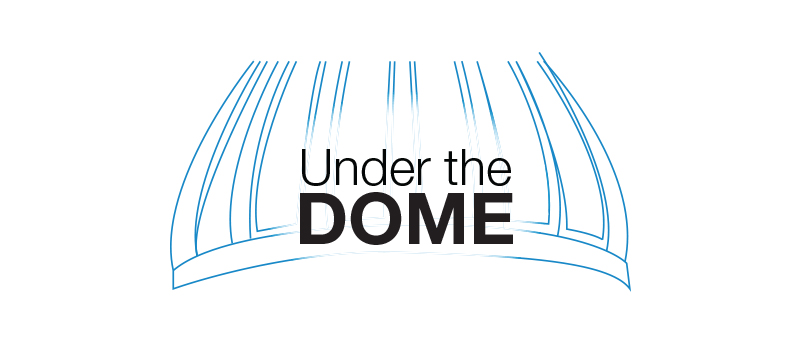The legislative session is reaching its conclusion, and I expect the Legislature will adjourn in the next two weeks. Still, there are a number of key bills that have yet to be voted on and we can expect lots of activity in the final days. So buckle up . . . we will need your help to make the progress our members need and deserve.
Big Win for Hourly School Employees
This week, Governor Janet Mills signed into law LD 300, MEA’s bill on pay averaging. LD 300 simply requires schools to offer support staff employees the option to collect their pay over a 12 month or shorter period, to be locally negotiated, so workers have a steady paycheck they can count on. At the public hearing, hourly school employees spoke about the challenges of making ends meet with such low pay and inconsistent paychecks due to snow days and school breaks. After a procedural issue nearly killed the bill, MEA was able to revive LD 300 and pass it in both legislative chambers. This is a big win for our school support staff and MEA is proud of the work that went into its passage!
Right to Strike, Binding Arbitration, and Educational Policy:
Three bills that can bring more power to educators are still up for discussion. We expect votes on these bills as early as Monday, so please contact your legislators on these collective bargaining bills.
- LD 900 gives educators and public employees the right to strike. The MEA wholeheartedly supports this bill because we have seen strikes used as an effective tool to advance the interests of students, schools and our professions.
- LD 1177 levels the playing field in negotiations by making all matters subject to binding arbitration. Currently, salaries and health insurance are not subject to binding arbitration, giving school boards the upper hand. This bill will change that and allow a third party panel of neutral arbitrators to set the salary scales if we are unable to agree with our school boards.
- LD 240 gives MEA members the ability to negotiate over planning and prep periods, a key issue that is currently prohibited from negotiation.
None of these bills will pass without your help. Click here to contact your elected officials on all three bills. If we have any chance of making progress on these issues and leveling the playing field with our employers, we must pass LD 900, LD 1177 and LD 240.
State Budget Update
The Appropriations Committee
is working diligently to prepare a two-year state budget, which must be in
effect before July 1 in order to avoid a state shutdown.
Minimum Teacher Salary: Last week, the Committee unanimously
voted to adopt language that slowly moves Maine’s minimum teacher salary. The
proposed state budget now includes:
| 2020-21 | $35,000 |
| 2021-22 | $37,500 |
| 2022-23 | $40,000 |
The MEA hoped to secure a $40K minimum teacher salary more quickly than what the Appropriations Committee agreed to. However, if finally approved, we can use this language to help raise salaries for teachers throughout the state.
Higher Education Funding: The Appropriations Committee also shaved a bit of funding from our higher ed institutions. The Governor Mills budget increases University of Maine and Community College funding by 3% each year. Instead, the Appropriations Committee approved a 3.35% increase for the first year and flat funding in the second year.
This is not what the MEA hoped for, but the state budget requires a two-thirds majority of legislators to pass. I expect Democrats are doing the best they can to protect key goals, nevertheless, the MEA remains disappointed by the outcome.
Other Bills to Watch
The following bills are either on the Governor’s desk waiting to become law or held for further legislative action. Stay tuned for more details.
- LD 1338 – An Act To Protect Teachers from Unfair Evaluations gives teachers the right to grieve effectiveness ratings they feel are not fair.
- LD 307 holds the current charter school cap at 10. There is still much to know about the impact charters have on public schools and their overall performance before Maine considers expanding access.
- Maine has two for-profit virtual charter schools and their track records are alarming. LD 513 limits enrollment for virtual for-profit charter schools to 1,000 students and ensures virtual schools do not enroll students under grade 7.
- LD 1104 protects retiree pensions by preventing future cuts to the COLA like we witnessed in 2011. This bill is currently on the special appropriations table, pending action at the end of the session.




